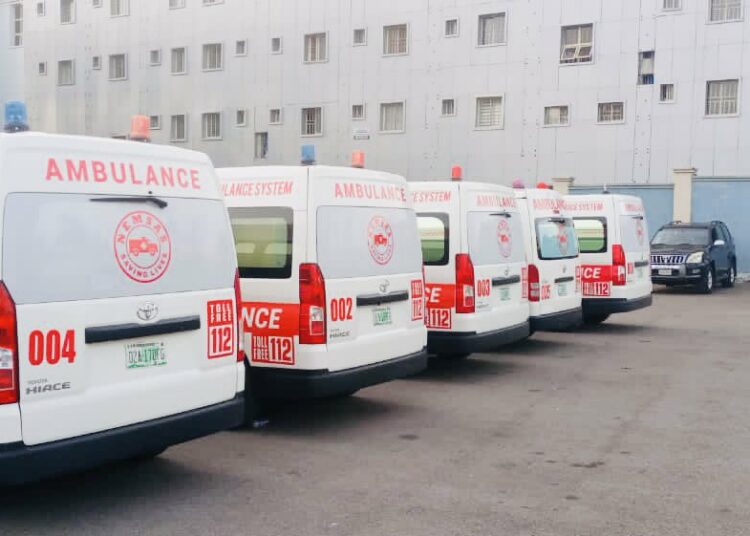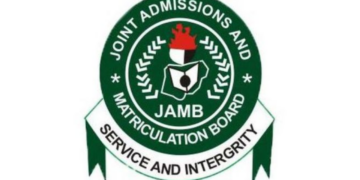The National Emergency Medical Services and Ambulance System (NEMSA) has engaged stakeholders in Kano state to begin implementing rural ambulance and transportation services for pregnant women in rural areas.
Speaking during the stakeholder engagement workshop/meeting for its implementation, the NEMSA National Coordinator, represented by its consultant, Prof Mohammed Hamza, said the program aimed to provide emergency medical services to Nigerians, including cases of accident, trauma, disease outbreaks, and, most importantly, emergencies involving delivery and the newborn.
According to him, the current initiative built on existing emergency services within the country now targets pregnant women and newborns, aiming at preventing maternal mortality in impacted program states.
“Mainly, the program targets women in rural areas, particularly looking at the challenges of providing and assessing medical services in rural areas,” he emphasised.
In his remarks, the Director of Medical Services from the state Ministry of Health, Dr Shehu Abdullahi, highlighted that the intervention by the federal government is to help the state tackle any emergency from the rural areas regarding access to a facility for medical services.
To achieve that, he said the state has formed the State Medical and Emergency and Ambulance System(SEMSAS), which provides ambulance service to convey emergency patients from communities to facilities.
“We have formed a program implementation unit at the Murtala Mohammed Specialist Hospital with a call centre whereby if there is any emergency, they will call that centre, and the centre will send an ambulance to go and pick that patient to a facility.”
Dr Abdullahi, however, assured that the program would go a long way in reducing maternal mortality in the state, noting that the report has shown that one of the primary reasons for the high maternal mortality rate was due to a lousy transportation system to convey patients to a facility.
In a related development, the state Commissioner for Health, Dr Abubakar Yusuf, while leading the symbolic commencement of the Project 10 Million Campaign for screening of hypertension and diabetes in the state, called on the public to utilise the one-week screening period to confirm their status at any public facility in the state.
He noted that those found with the ailments would be provided with free drugs or referred to the nearest facility for continued monitoring.





